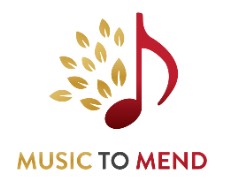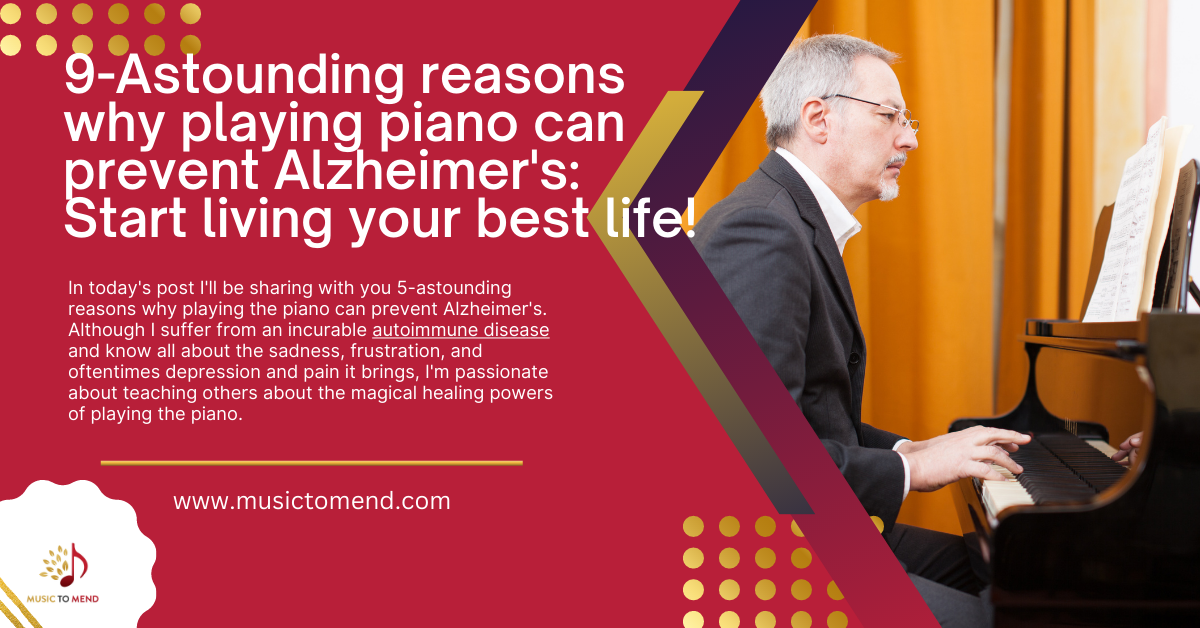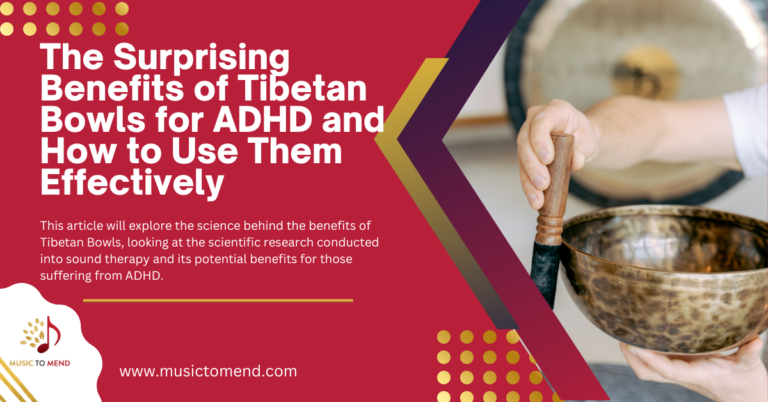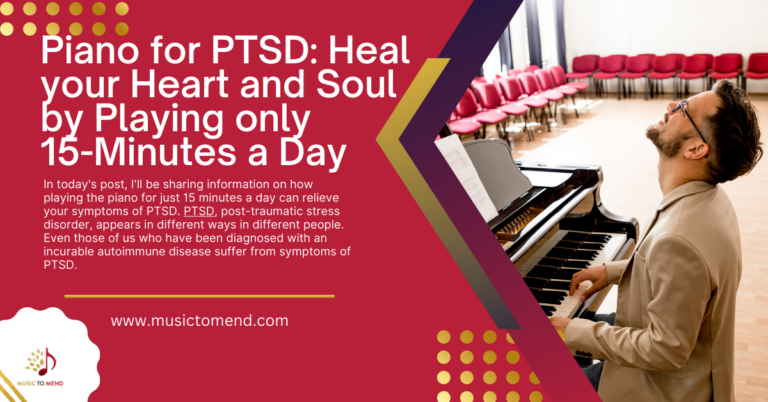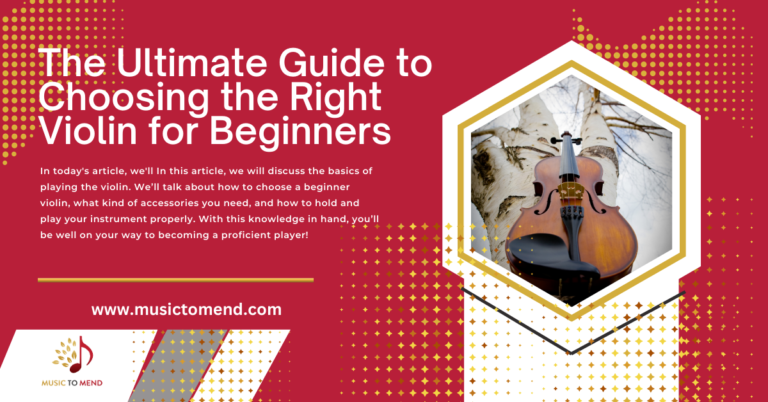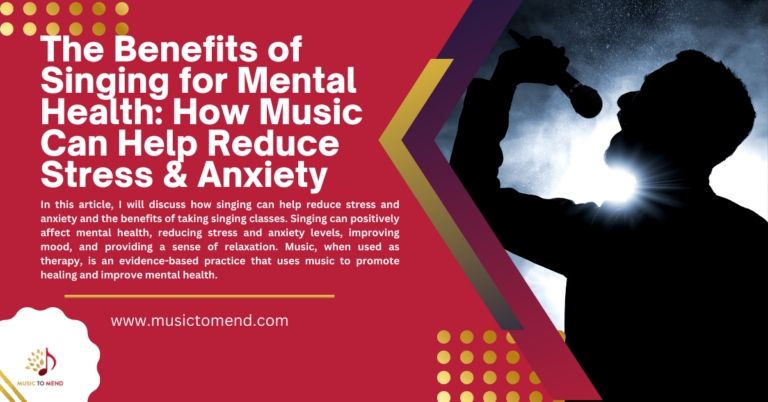9-Astounding reasons why playing piano can prevent Alzheimer’s: Start living your best life!
In today’s post I’ll be sharing with you 5-astounding reasons why playing the piano can prevent Alzheimer’s. Although I suffer from an incurable autoimmune disease and know all about the sadness, frustration, and oftentimes depression and pain it brings, I’m passionate about teaching others about the magical healing powers of playing the piano.
I’m sharing this post in hopes you’ll learn why playing the piano can be a life changer for you or a loved one who is in the early stages of Alzheimer’s. And, playing the piano can also aid in slowing down the process of getting Alzheimer’s.
Without further ado, grab your favorite beverage and let’s dive in, shall we?
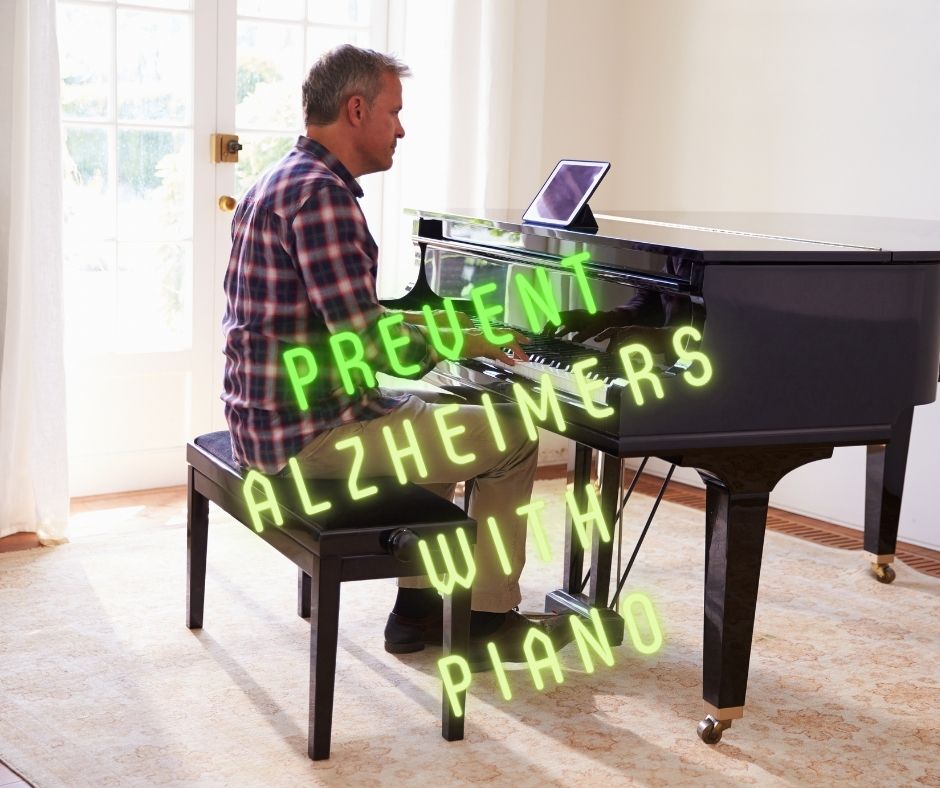
Here are 5-Incredible reasons why playing the piano can prevent Alzheimer’s:
- Playing Piano Boosts Brain Health
Researchers have found that both piano training and computer training boost brain health. Patients who participated in these groups had greater working memory and processing speed than the control group. Amazingly, when it came to cognitive flexibility, those who received piano training had the advantage. Great news, right!
In another study, published in The Journals of Gerontology: Series B, researchers recruited 155 participants between the ages of 60 and 80, randomly dividing them into three groups: One group participated in four months of piano lessons; another group underwent four months of computer-based cognitive training, and a control group received no interventions. In the piano training group, a music education instructor taught participants basic piano techniques, exercises for finger dexterity, basic piano repertoire and music theory. The study’s authors wrote that the brain’s processing speed could be enhanced by practice with fingering patterns, rhythms and pedaling techniques. The attention required for coordination might also improve people’s ability to switch between performing one task and another, they added.
2. Playing piano helps preserve memory function
Scientists find taking up piano lessons at older age could delay Alzheimer’s onset. A new study shows evidence that learning to play the piano could preserve memory function in healthy older adults
Older adult students could face some challenges that younger students may not, she adds, like vision issues or arthritis. To address failing eyesight, she recommends ensuring good lighting and large-print music. And for students with arthritis, she said, short lessons and frequent breaks can help.
3. Repetitive listening to music improves brain plasticity
Repeatedly listening to music that resonates with individuals may improve brain plasticity when dealing with mild cognitive impairments or the early stages of Alzheimer’s. Subtle differences in structural and functional brain changes were linked to the music listening in musicians, as compared to non-musicians. Here at Music to Mend, I teach simple piano exercises and technique to get students playing their favorite songs in weeks instead of years. My teaching philosophy is with the Alzheimer’s patient in mind: teaching piano techniques using ear-training, sprinkled with patience and love.
BONUS VIDEO: Click here to watch How Music for the Brain can Help You Regain Your Health and Reduce Anxiety
4. Playing piano improves working memory and processing speeds
Playing a musical instrument requires a complex set of brain functions, and the new study builds on past research on the benefits of playing a musical instrument for brain health. For instance, one small study previously found that older adults with individualized piano training experienced improved working memory and processing speed, compared to a control group. Another small study showed that older adults who participated in a drumming and singing music program had greater verbal and visual memory than control groups. More broadly, research has indicated that engaging in leisurely activities — like reading, dancing, or, indeed, playing music — is associated with mental health. Here at Music to Mend, in addition to teaching piano, I teach other percussion instruments like the drum, xylophone, congas. I offer a one-on-one consultation with potential students to obtain a better understanding of the client’s musical passions and instruments they prefer. I understand not all client’s want to learn the piano…perhaps they already know how to play the piano and would like to learn how to play a new instrument. Maybe learning the xylophone or ,glockenspiel sounds interesting? Well let’s get started! All musical instruments are super cool! For an in-depth list of instruments I offer at Music to Mend, check out this list: 15 Best Low-Impact Musical Instruments
5. Playing piano helps in preserving brain health
Researchers have long been studying the therapeutic benefits of listening to music, and how it can stimulate brain regions that regulate cognition, movement, emotions, and more. There has also been research into the brain boost that can come from learning, and recently, a clinical trial showed that piano lessons may help preserve brain health as we age.
6. Playing piano is a powerful memory cue
Music is a powerful memory cue. For example, hearing a song that carries importance in your life, from a wedding or a prom, elicits this entire memory. And this remains true even when a neurodegenerative disease takes hold. Many people with Alzheimer’s struggle to remember recent events or conversations. They may forget the names of loved ones. But despite these impairments, remarkably, they may still be able to tap into musical memories long after other types of memories fade.
7. Playing piano can delay cognitive decline
Music can elicit emotions and memories and help provide a link to a person’s past and promote interconnection with caregivers and others with dementia. Recent findings suggest that musical training delays cognitive decline and promotes brain plasticity in the elderly brain.
Several studies have noted the benefits of music on autobiographical and episodic memory, and even on cognitive function and psychiatric symptoms in healthy people and in Alzheimer’s.
8. Playing piano increases resiliency of the brain
Playing a musical instrument throughout life is associated with a lower risk of developing Alzheimer’s. This has been attributed to the ability of musical training and performance to increase the resiliency of the brain. Playing a musical instrument requires active engagement of a wide-range of cognitive processes, including the sensory and motor systems. It has been unclear whether these neuroprotective benefits are restricted to life-long musicians, or also apply to people who begin musical training later in life.
9. Playing piano helps maintain wellbeing
Staying mentally active and fostering new skills — including learning an instrument — can help maintain our wellbeing as we get older. “When you exercise, you engage your muscles to help improve overall health,” geriatrics psychiatrist Dr. Ipsit Vahia told Harvard Health. “The same concept applies to the brain. You need to exercise it with new challenges to keep it healthy.”
Here at Music To Mend, I use ear-training, hand exercises and step-by-step easy lessons so clients can start playing their favorite songs in weeks instead of years. Taking up a new skill late in life can be intimidating, but my teaching methods can indeed teach older adults and I believe it shouldn’t be a deterrent.

BONUS:
Singing is good for the soul
Research suggests that listening to or singing songs can provide emotional and behavioral benefits for people with Alzheimer’s disease and other types of dementia. Musical memories are often preserved in Alzheimer’s disease because key brain areas linked to musical memory are relatively undamaged by the disease. Background. Musical instrument playing provides intellectual stimulation, which is hypothesized to generate cognitive reserve that protects against cognitive impairment. Here at Music to Mend, I also teach vocal coaching, singing exercises, and songwriting skills. Often times just writing your own song and being able to sing it is a huge accomplishment; this, in turn, can bring a client joy and happiness. So why not? Music for healing, and living your best life…that’s what it’s all about!
Even though science may not have all the answers to Alzheimer’s, playing the piano is great music therapy. It allows their brain to function at its maximum capacity for that time; giving those who seem unresponsive a moment in time to be more of themselves.
There is already proof that learning a musical instrument is associated with the brain’s ability to change and adapt, and that music can help protect our brains against cognitive decline with age.
Now, a new study has investigated how six months of piano training can affect the brain compared to simply listening to and learning about music, in healthy older adults who have had no formal musical training.
The study, carried out by researchers in Germany and Switzerland, found that the fornix – a region in the brain associated with memory – degenerated at a slower rate in adults who actively took part in piano lessons compared to those who didn’t. Piano lessons – older adults
I hope you enjoyed reading about the reasons piano is great in preventing Alzheimer’s. If you or someone you love is experiencing signs of Alzheimer’s, I hope you turn to music…especially learning how to play the piano. I’m here to share my knowledge, passion, and love of music with you. Please feel free to reach out for more information on my programs and find out how I can help you relieve your stress, reach your health goals, or just learn more about introducing piano into your life.
Until next time, happy piano playing!
Music to soothe your soul
Listen: Delicate Transitions, Artist Gavin Luke

Resources:
- Balbag MA, Pedersen NL, Gatz M (2014) Playing a Musical Instrument as a Protective Factor against Dementia and Cognitive Impairment: A Population-Based Twin Study. International Journal of Alzheimer’s Disease 2014, 6.
- Herholz Sibylle C, Zatorre Robert J (2012) Musical Training as a Framework for Brain Plasticity: Behavior, Function, and Structure. Neuron 76, 486-502.
- Román-Caballero R, Arnedo M, Triviño M et al. (2018) Musical practice as an enhancer of cognitive function in healthy aging – A systematic review and meta-analysis. PLOS ONE 13, e0207957.
- Innes KE, Selfe TK, Brundage K et al. (2018) Effects of Meditation and Music-Listening on Blood Biomarkers of Cellular Aging and Alzheimer’s Disease in Adults with Subjective Cognitive Decline: An Exploratory Randomized Clinical Trial. J Alzheimers Dis 66, 947-970.
